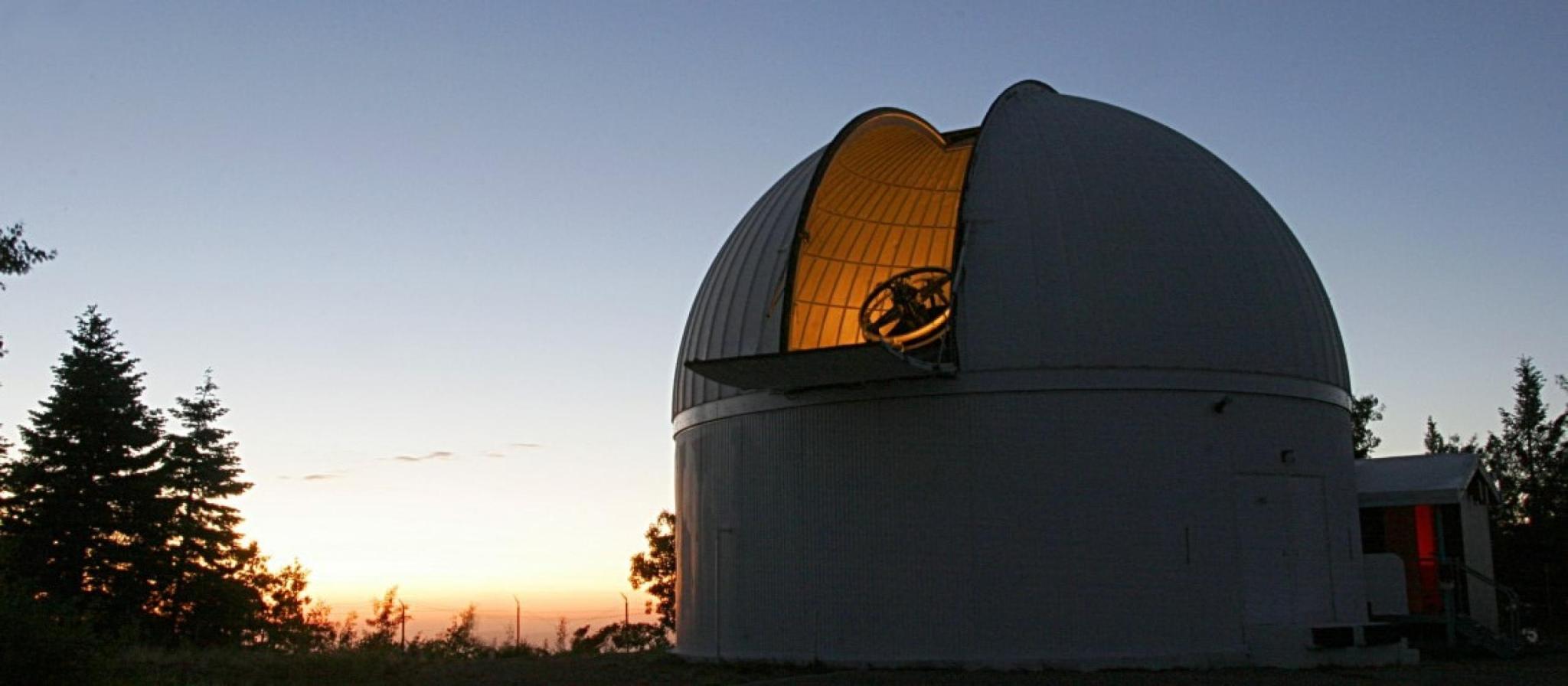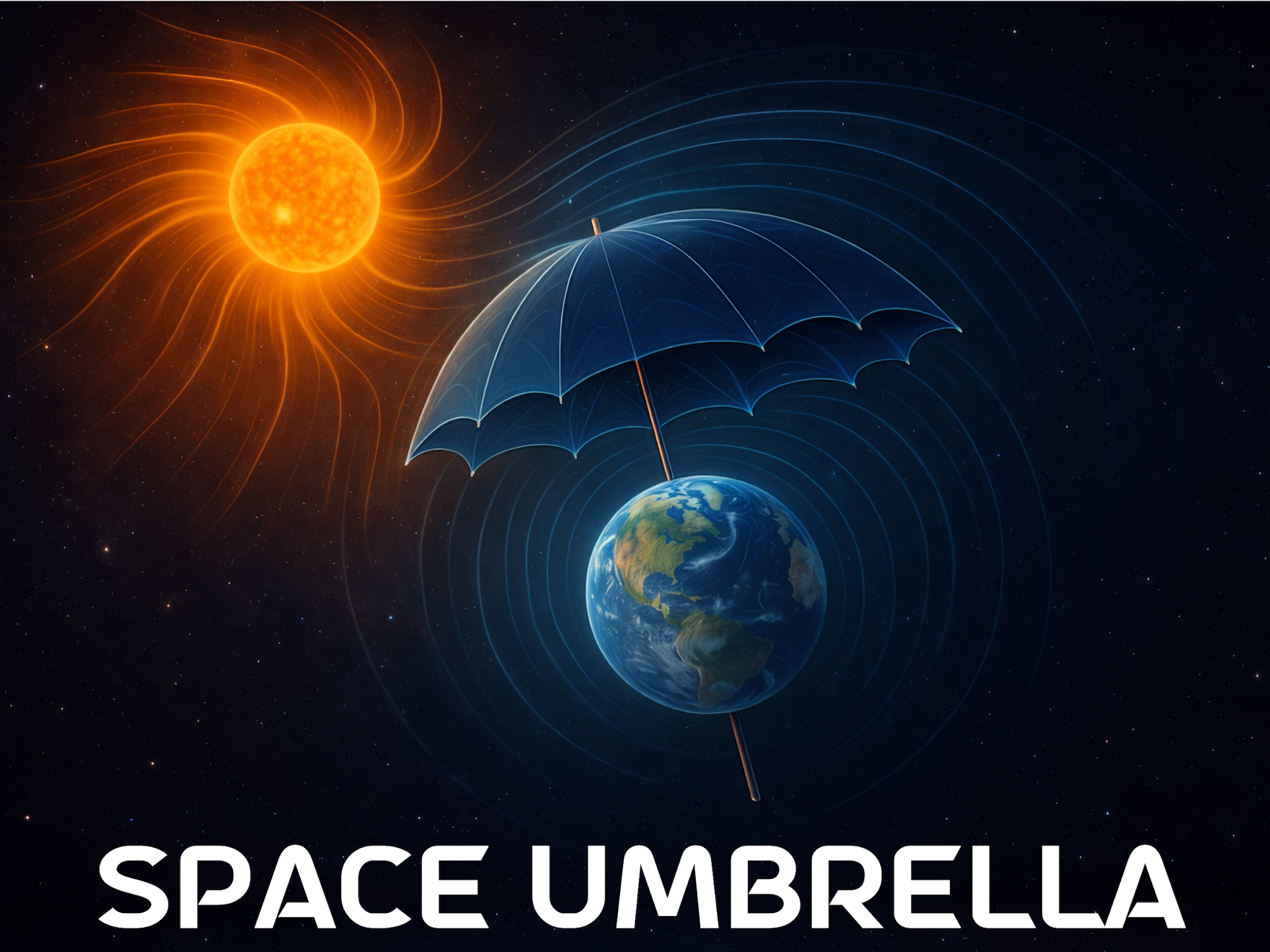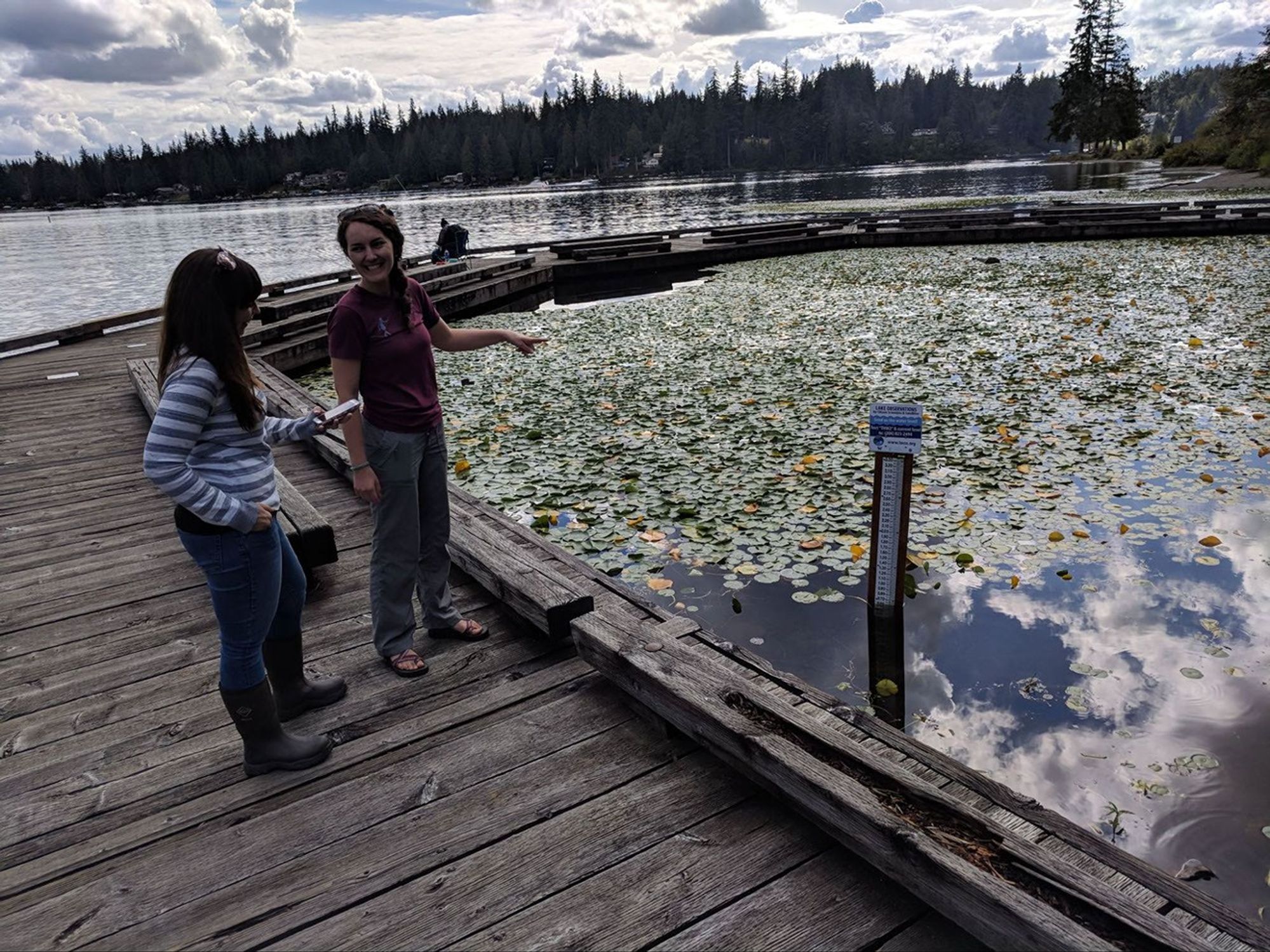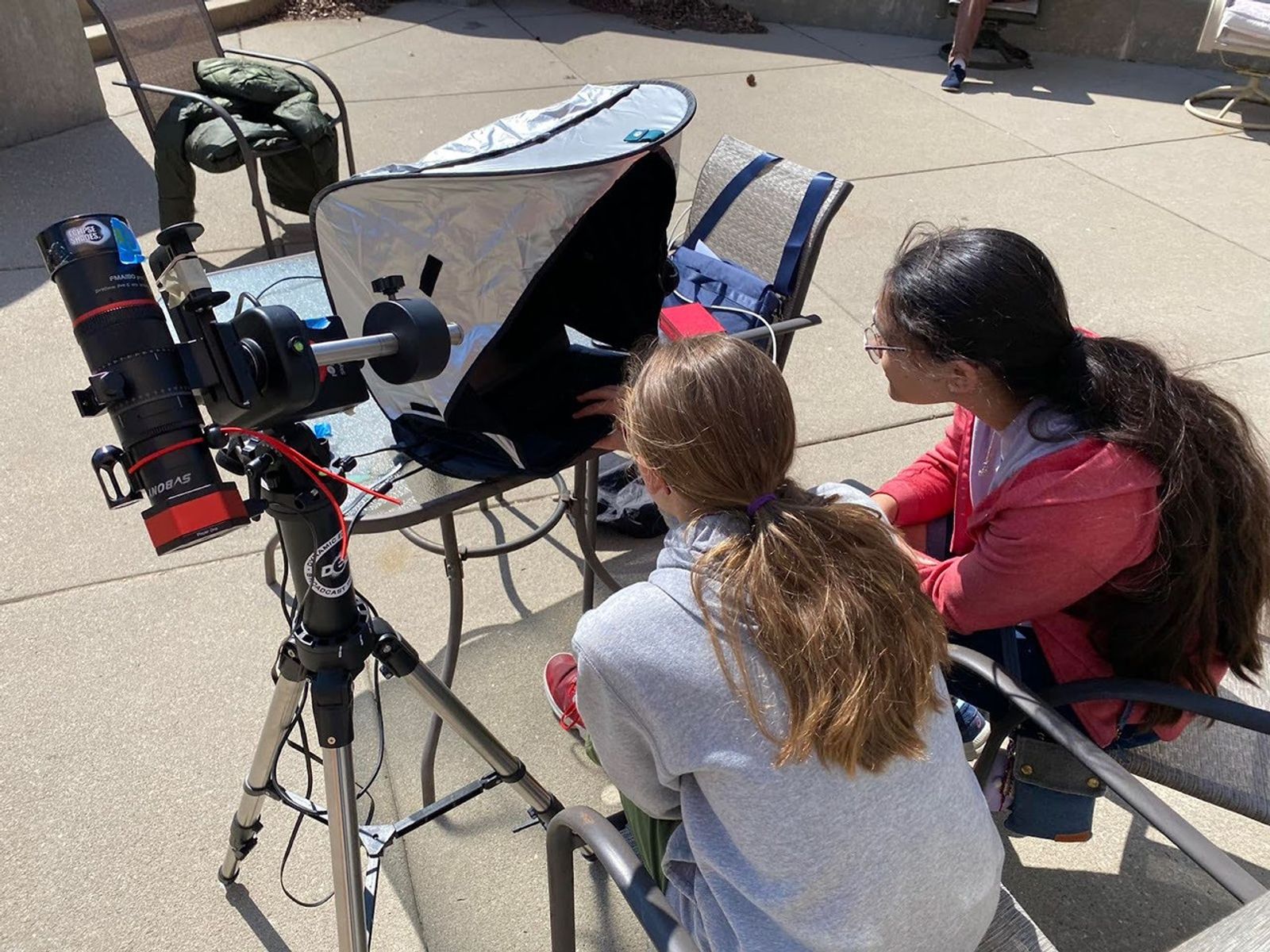This just in: NASA’s new Daily Minor Planet project seeks your help discovering and tracking asteroids—in a dazzling new data set. Remember asteroids, those lumps of rock tumbling through space left over from the formation of our solar system? There are so many reasons to find these objects. Some asteroids pose an impact hazard to Earth, while others are essential for humanity's endeavor to explore, live, and work in space. Now there's a new way you can help.
The Daily Minor Planet project, uses data from the NASA-funded, University of Arizona-based Catalina Sky Survey, which collects more than 1000 images per night. "We take so many images of the sky each night that we cannot possibly look through all of our potential real asteroids," said Carson Fuls, a science engineering specialist for the Catalina Sky Survey who heads the project.
At the Daily Minor Planet, you'll decide if the specks of light in the images look like genuine celestial bodies or, instead, are false detections resulting from inconveniently timed "twinkles" of the star-studded background, dust on the telescope mirror, or other causes. After answering by clicking a "yes" or "no" button, you can either write a comment or move on to the next set of images.
The new Daily Minor Planet project replaces the Catalina Outer Solar System Survey project, which is now complete. If you contributed to the Catalina Outer Solar System Survey project, thank you! The science team learned from their experience working with you on that project and cleared up some bottlenecks in their data pipeline. The new Daily Minor Planet will feature new images uploaded daily—come give it a try!
"I thought it would be great if people could do what we do every night," said Fuls. "We see this website throwing open the doors: Do you want to look for asteroids, too? If so, come on in."
Can't get enough asteroids? You'll also enjoy searching for comet-like objects hiding in the asteroid belt with the Active Asteroids project or getting a group together to join the International Astronomical Search Collaboration (IASC).
NASA’s Citizen Science Program:
Learn about NASA citizen science projects
Follow on Twitter
Follow on Facebook




































